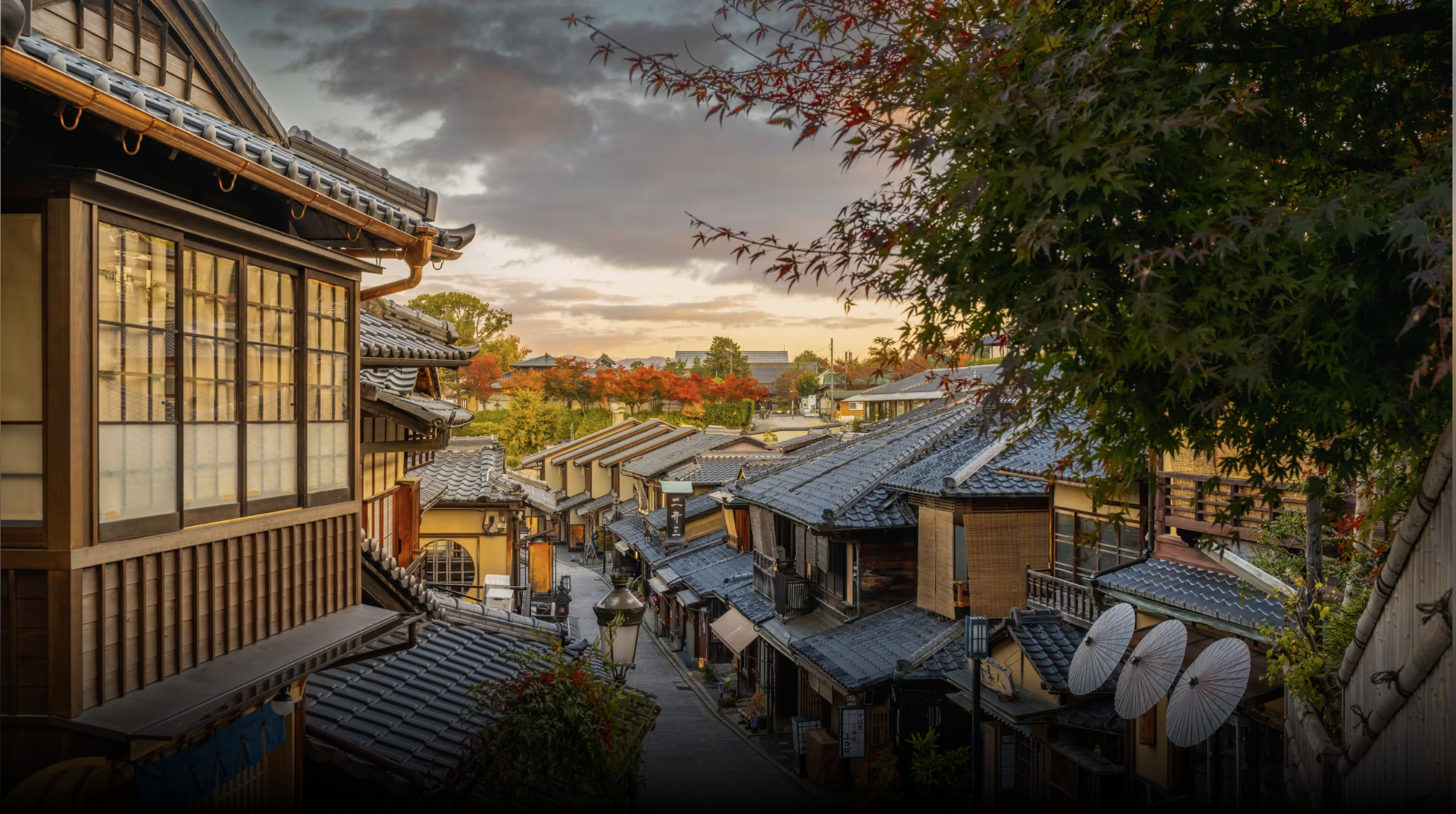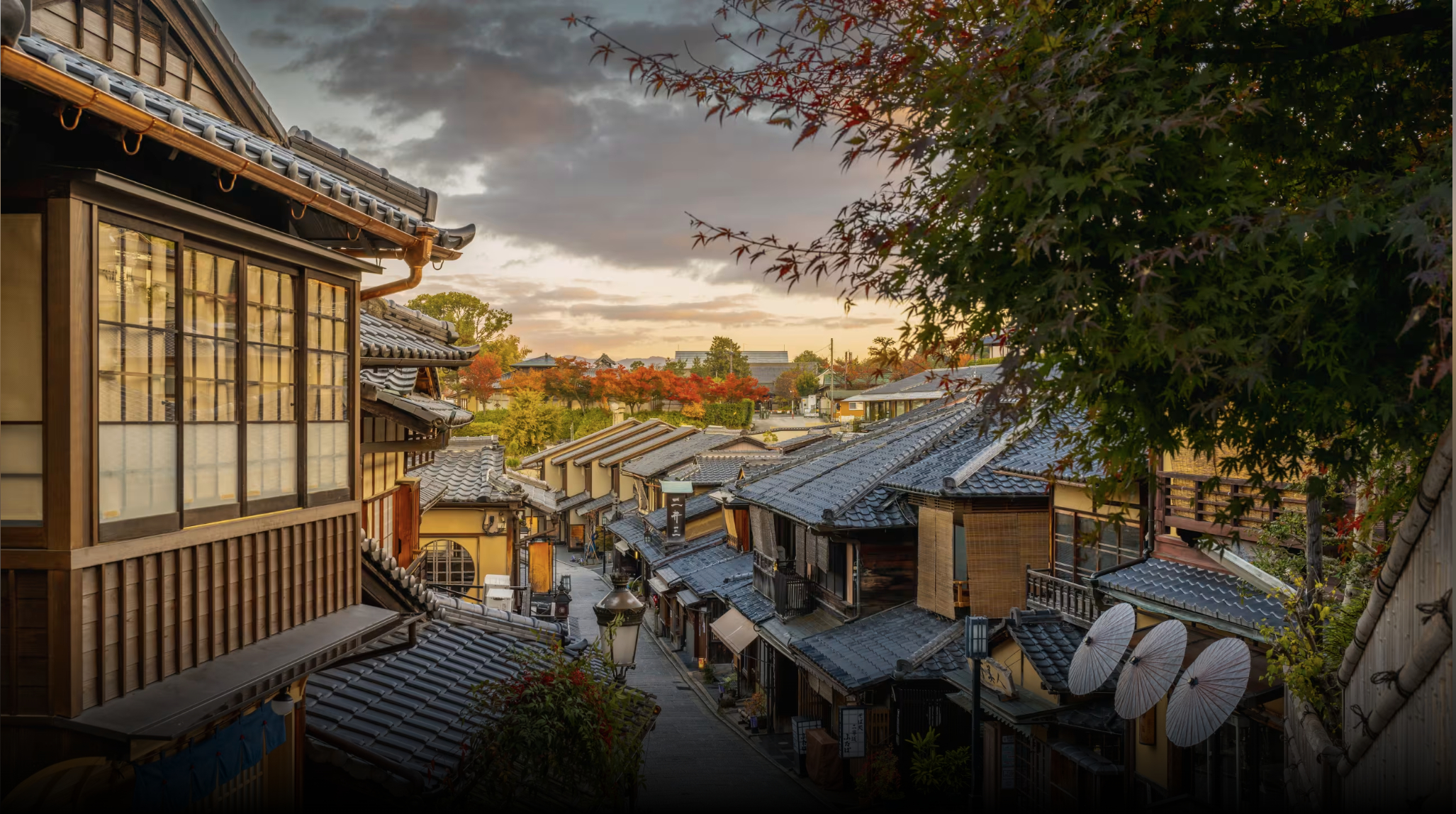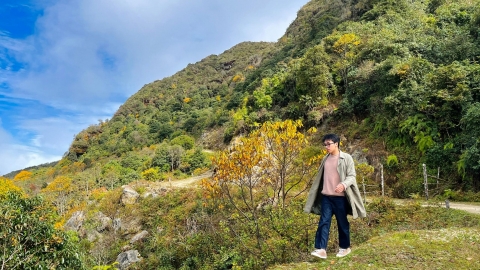Like many other cities in Japan, Kyoto is entering its peak tourist season. But instead of policies to encourage tourists, the Kyoto city government recently canceled daily bus passes to reduce the number of tourists using the city's public transportation, according to Asia Times.
People are dissatisfied despite benefiting economically.
People in Kyoto have become impatient with the overcrowding on public transportation and the excessively long queues.
In 2022, approximately 80% of Kyoto residents reported that public transportation and streets were overloaded with tourists. More than 75% of respondents expressed dissatisfaction with tourists' behavior, such as littering and eating while walking.
The increasing number of international tourists puts significant pressure on the city's infrastructure, and their behavior also creates unsightly scenes in public spaces.
Tourism plays a vital role for Kyoto. In 2018, the city welcomed 52 million visitors, generating $8.7 billion in revenue, equivalent to nearly 20% of its nominal GDP.
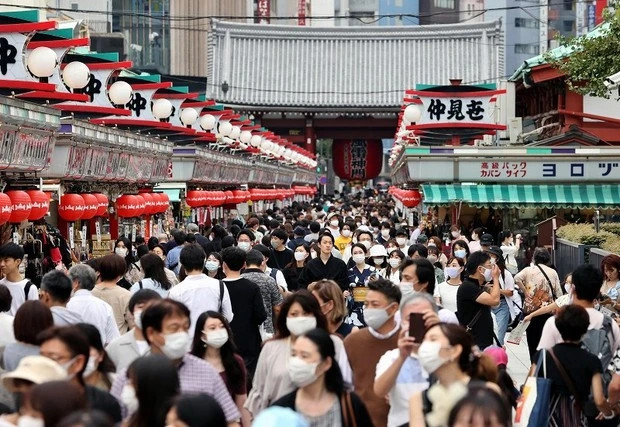
Tourists make a significant contribution to the Japanese economy. Photo: Mainichi.
But tourism has also changed the city's way of life, making it difficult for locals to find rental housing, as landlords prioritize short-term rentals to tourists for higher profits. Shops and restaurants also focus on tourists.
In February 2020, Shoei Murayama, a mayoral candidate, launched a campaign to attract voters with the message that "tourism overload" was harming Kyoto. Murayama did not win, but the campaign also highlighted the level of controversy surrounding Kyoto's tourism overload.
Following the emergence of Covid-19, Japan closed its borders to foreign visitors from April 2020 to October 2022, completely paralyzing the tourism industry.
In the seven years prior to that, from 2013 until before Covid-19, the number of international tourists visiting Japan had more than tripled, reaching 32 million in 2019.
In 2003, the Japanese Ministry of Transport launched the "Visit Japan" campaign, and in 2006 Tokyo enacted a basic law to promote tourism, thereby making tourism one of the pillars of the country's economic development. In 2008, the Japan Tourism Agency was established.
In 2019, tourists visiting Japan spent a total of $32.1 billion, exceeding the $26.8 billion in revenue from semiconductor exports.
Tourism is recovering.
The travel restrictions imposed during Covid-19 nearly brought Japan's tourism industry to a standstill, requiring government bailout. Tokyo subsequently launched a "Travel" campaign to boost tourism and prevent bank failures.
In September, Japan received 2.2 million tourists, equivalent to 96% of pre-pandemic levels. The weakening of the yen against the USD and EUR in recent times has helped the tourism industry recover quickly.
In the second quarter, total spending by tourists in Japan reached $8.2 billion, nearly matching the 2019 figure. Each tourist spent an average of $1,338, meeting the target set by Japan's tourism authorities.
According to a tourism strategy approved by the Japanese government in March, the country is focusing on encouraging wealthy tourists to spend more in order to increase the total value of tourist spending.
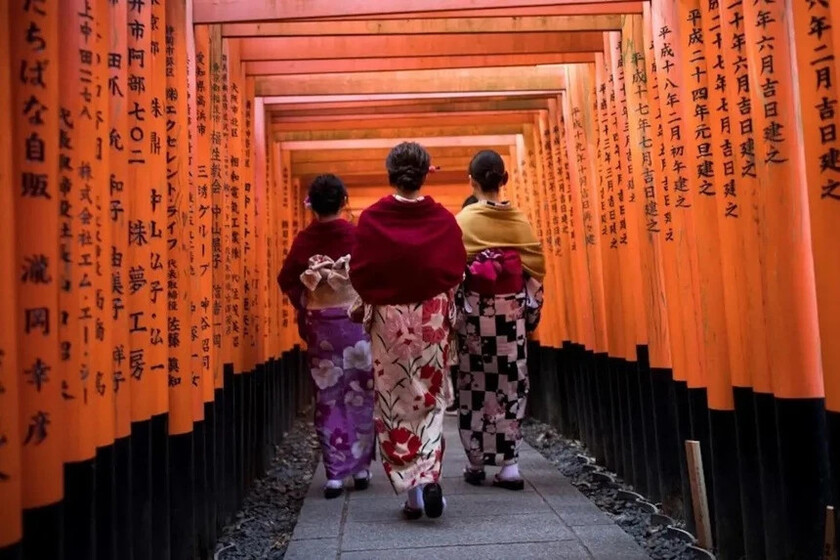
Tourists wearing traditional clothing in Kyoto. Photo: Asia Times.
Foreign tourists play a very important role, with visitors from the UK, China, and Australia being the most generous groups.
Nevertheless, Chinese tourists have not returned to Japan for the National Day holiday this year, due to the controversy following Tokyo's approval of a plan to discharge wastewater from the Fukushima nuclear power plant into the sea.
Okinawa is the place that has most clearly seen the impact of Chinese tourists turning away from Japan. In September, the number of tourists visiting Okinawa was only 50% of pre-pandemic levels. This past summer, Governor Denny Tamaki visited China to lobby for the resumption of direct flights from Beijing and Shanghai.
However, many Okinawans are not enthusiastic about the prospect of a return of large numbers of tourists. Local residents complain that tourists disrespect local culture and trample on sacred sites.
Keiichiro Nakamura, the owner of a travel company in Okinawa, created a website to educate tourists about proper conduct when visiting the island. Nakamura stated that the satisfaction of local residents is a prerequisite for the success of the tourism industry.

 VI
VI EN
EN



